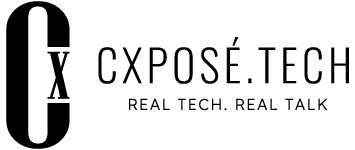Fairfax, VA: The World Innovation, Technology and Services (WITSA), published a paper entitled “Building Trust and Delivering on the Promise of Artificial Intelligence.” The paper recommends a careful and common-sense approach to addressing the risks arising from the rapid innovations in artificial intelligence, putting the spotlight on best practices, standards and regulation. WITSA believes that AI best practices are essential for AI developers, deployers and implementers as they help ensure that AI systems are fair, transparent, and accountable.
The paper emphasizes that innovation and trust in new technologies, including AI, is best supported when policy objectives and regulatory requirements make use of voluntary consensus-driven standardization to support implementation and compliance. To avoid slowing AI innovation and beneficial adoption, regulations should adhere to a specific list of policy principles identified in the paper.
“The recent acceleration in both the power and visibility of AI systems, and growing awareness of their abilities and defects, have raised fears that the technology is now advancing so quickly that it cannot be safely controlled,”stated WITSA Chairman Dr. Sean Seah. “However, exaggerated and misleading concerns about the AI tools’ potential to cause harm has crowded out reasonable discussion about the technology, generating a familiar, yet unfortunate, “tech panic,” continued Dr. Seah.
“Imposing heavy regulation, or indeed a pause, today is manifestly an overreaction; when regulation is warranted, it is for more earthly reasons than saving humanity, such as addressing real concerns about bias, privacy and intellectual-property rights,” said WITSA CEO Dato’ Dan E. Khoo.

“Policymakers should therefore consider a more innovative approach to regulation, including embracing the use of regulatory sandboxes for AI as an essential tool to regulate AI without compromising on innovation which can save policymakers considerable time and resources by informing decisions about whether to change or re-interpret legal frameworks, as well as aiding businesses by reducing the time and capital required to enter the market,” said WITSA Deputy Chairman Robert Janssen, Chairman of WITSA’s AI task force.
To avoid slowing AI innovation and beneficial adoption, regulations should adhere to a specific list of policy principles identified in the paper.
“Whether the promise of AI delivers on its potential depends on how well the AI ecosystem, governments and other stakeholders manage perceived risks while fostering a regulatory environment that encourages innovation, best practices, consensus standards and international collaboration,” said Doug Johnson, Chairman of WITSA’s Global Policy Action Committee.
The full statement can be found on the WITSA web site at the following link.






